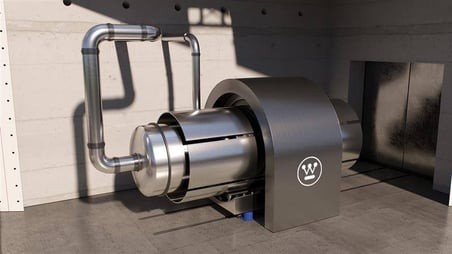What Texas v. Nuclear Regulatory Commission tells us

Craig Piercy
cpiercy@ans.org
Here we go again: Another “workaround” on U.S. nuclear waste policy just got shot down in a federal courtroom. On August 25, the 5th U.S. Circuit Court of Appeals found that the Nuclear Regulatory Commission lacked the authority to grant a license to Interim Storage Partners LLC (read: Waste Control Specialists) to accept and store up to 5,000 tons of used nuclear fuel at its proposed facility in Andrews County, Texas. Writing for the court, U.S. circuit judge James Ho found that “the Nuclear Waste Policy Act (NWPA) creates a comprehensive statutory scheme for addressing spent nuclear fuel accumulation. The scheme prioritizes construction of the permanent repository and limits temporary storage to private, at-the-reactor storage or at federal sites. It plainly contemplates that, until there’s a permanent repository, spent nuclear fuel is to be stored onsite at-the-reactor or in a federal facility.”
This decision is not necessarily a knockout blow. The court’s reading of the law is, well, novel. Other appeals courts have recognized the NRC’s authority to license away-from-reactor storage, and the Supreme Court is likely to weigh in. But given the current high court’s proclivities on “textualism” and the Chevron doctrine, we shouldn’t consider it a slam dunk.





